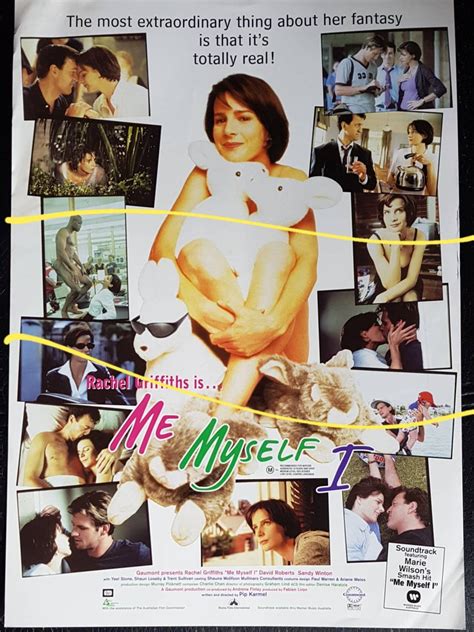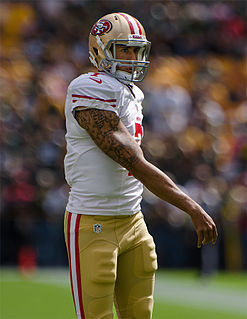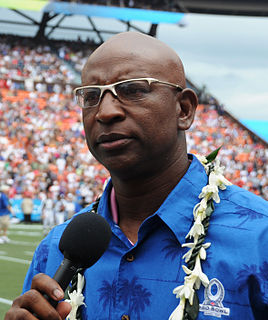A Quote by Jeanette Winterson
She hated being a nobody and like all children, adopted or not, I have had to live out some of her unlived life. We do that for our parents - we don't really have any choice.
Related Quotes
My parents told me from the time I can remember that, 'Yeah, you're adopted. But this is your family.' I can remember my mom, she tells me this story: when I was little, I was looking at her, and I was like, 'Why isn't my skin the same color as yours?' She was like, 'Oh, you're adopted, but I wish I had pretty brown skin like you.'
Dena had always been a loner. She did not feel connected to anything. Or anybody. She felt as if everybody else had come into the world with a set of instructions about how to live and someone had forgotten to give them to her. She had no clue what she was supposed to feel, so she had spent her life faking at being a human being, with no idea how other people felt. What was it like to really love someone? To really fit in or belong somewhere? She was quick, and a good mimic, so she learned at an early age to give the impression of a normal, happy girl, but inside she had always been lonely.
I hated the mountains and the hills, the rivers and the rain. I hated the sunsets of whatever colour, I hated its beauty and its magic and the secret I would never know. I hated its indifference and the cruelty which was part of its loveliness. Above all I hated her. For she belonged to the magic and the loveliness. She had left me thirsty and all my life would be thirst and longing for what I had lost before I found it.
For the first time in a long time I thought about Maman. I felt as if I understood why at the end of her life she had taken a 'fiancé,' why she had played at beginning again. Even there, in that home where lives were fading out, evening was a kind of wistful respite. So close to death, Maman must have felt free then and ready to live it all again. Nobody, nobody had the right to cry over her. And I felt ready to live it all again too.
...I had to point at Hanna. But the finger I pointed at her turned back to me. I had loved her. I tried to tell myself that I had known nothing of what she had done when I chose her. I tried to talk myself into the state of innocence in which children love their parents. But love of our parents is the only love for which we are not responsible. ...And perhaps we are responsible even for the love we feel for our parents.
It was not enough to be the last guy she kissed. I wanted to be the last one she loved. And I knew I wasn’t. I knew it, and I hated her for it. I hated her for not caring about me. I hated her for leaving that night, and I hated myself , too, not only because I let her go but because if I had been enough for her, she wouldn’t have even wanted to leave. She would have just lain with me and talked and cried, and I would have listened and kissed at her tears as they pooled in her eyes.
I was raised by my great-great aunt. I was adopted within our family. My mother had me when she was, I think, 15, 16. They tried to get her to have an abortion and she refused. So, my 'mama' adopted me, which was really her great aunt, which was really my great-great aunt, who was named Viola Dickerson. I was told that my mother was my sister.
But this was that view of human destiny which she had most passionately hated and rejected: the view that man was ever to be drawn by some vision of the unattainable shining ahead, doomed ever to aspire, but not to achieve. Her life and her values could not bring her to that, she thought; she had never found beauty in longing for the impossible and had never found the possible to be beyond her reach.




































